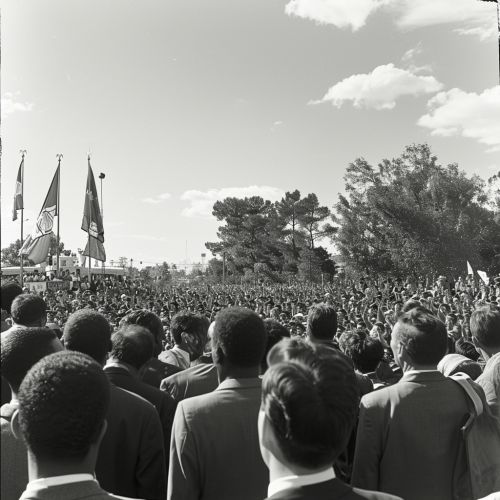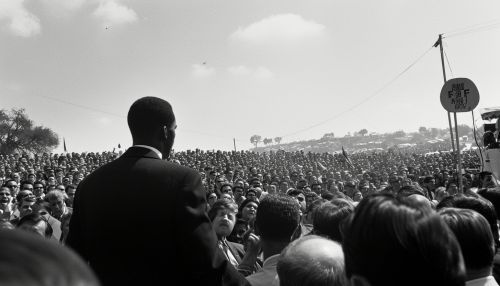1964 in American Politics Discussion
Background
The year 1964 was a pivotal year in American politics, marked by significant events, legislation, and political shifts. This article will delve into the key political happenings of that year, providing a comprehensive and detailed account of the period.
Presidential Election
The 1964 Presidential Election was a major event in American politics. The incumbent President, Lyndon Johnson, ran as the Democratic candidate against the Republican nominee, Senator Barry Goldwater. Johnson, who had assumed the presidency following the assassination of President Kennedy in 1963, was elected to a full term with a landslide victory, winning 61.1% of the popular vote, the highest percentage since the popular vote became the standard.


Civil Rights Act
One of the most significant pieces of legislation passed in 1964 was the Civil Rights Act. This landmark law outlawed discrimination based on race, color, religion, sex, or national origin, and ended segregation in public places. It also provided the federal government with the powers to enforce desegregation.
War on Poverty
In his first State of the Union address, President Johnson declared an "unconditional war on poverty in America". This led to the enactment of several pieces of legislation aimed at combating poverty, including the Economic Opportunity Act, which established programs like the Job Corps and Community Action Program.
Foreign Policy
In terms of foreign policy, 1964 saw the passage of the Gulf of Tonkin Resolution, which effectively launched the U.S. into full-scale involvement in the Vietnam War. This resolution was a response to two alleged attacks by North Vietnamese naval vessels on U.S. ships in the Gulf of Tonkin.
Political Shifts
The year 1964 also marked significant shifts in the political landscape. The Democratic Party's support for civil rights led to a realignment of political parties in the South, with many white Southern Democrats defecting to the Republican Party. This marked the beginning of the Southern strategy, a Republican Party electoral strategy to increase political support among white voters in the South.
